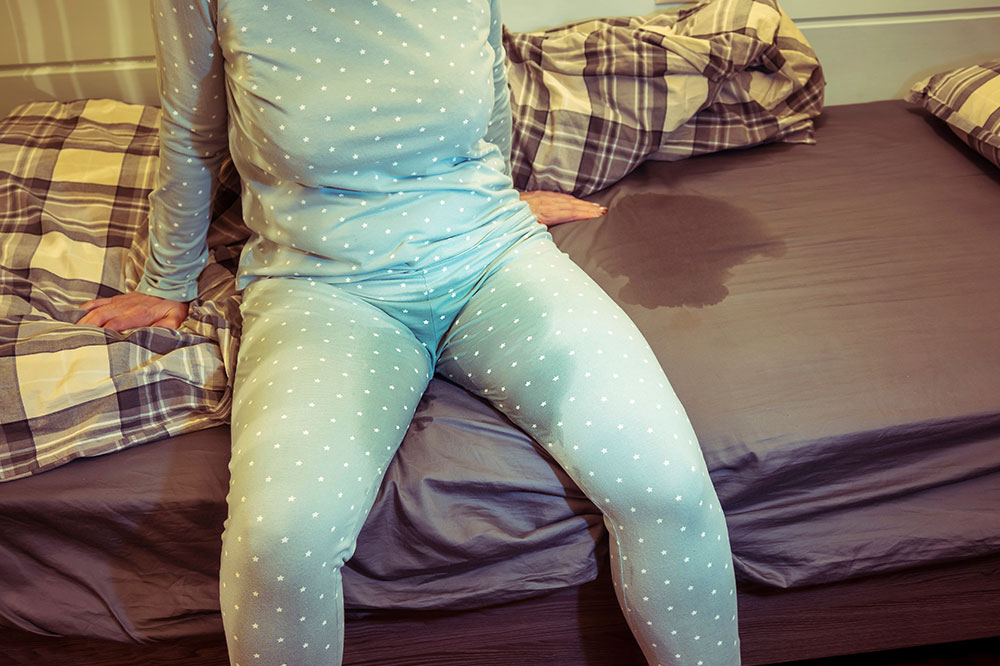6 common peeing mistakes to avoid for a healthy bladder

Most people do not think much about urination, a common bodily function. However, maintaining good bladder health is essential for overall well-being. Issues like restricted flow or infections in the urinary tract often lead to other health conditions that are hard to manage. From controlling the urge to not emptying the bladder fully, here are some common peeing mistakes to avoid to achieve good bladder health and avert potential health complications.
Holding the urge to pee
The bladder can stretch to accommodate more urine, but putting off the urge to pee repeatedly for prolonged periods may cause bladder damage, leakage, foul-smelling urine, and a loss of control. To avoid this, one should take regular bathroom breaks at work, school, or anywhere else.
Peeing too often
Peeing too often or each time one leaves the house, even when there is no urge, is a mistake that can lead to an overactive bladder. This condition reduces the bladder’s capacity to hold urine and leads to leakage, disrupting one’s daily life.
Straining while urinating
Sometimes, people strain their muscles to increase the pressure on the bladder and speed up the urination process. This habit can lead to prostate swelling, weakened pelvic muscles, weak urine flow, or bladder outlet obstruction. Peeing should happen effortlessly, and a healthy bladder works best when one’s muscles are relaxed.
Not staying hydrated
The appearance and smell of a person’s urine can speak a lot about their hydration levels. A well-hydrated body produces clear, water-like urine, while dehydration can cause urine to appear dark yellow and emit a strong odor. Dehydration can also cause kidney stones, urinary tract infections, bladder stones, and other health concerns.
Not emptying the bladder fully
When one does not pee fully during a bathroom break, the urine gathers in the bladder, increasing the risk of infections and other health problems.
Wiping wrongly
Wiping the genital region from back to front can cause the bacteria that breed in one’s anus or perianal area to be pushed toward the urethra, making women more susceptible to urinary tract infections. In addition, wiping too often or with too much pressure can cause skin irritation.



